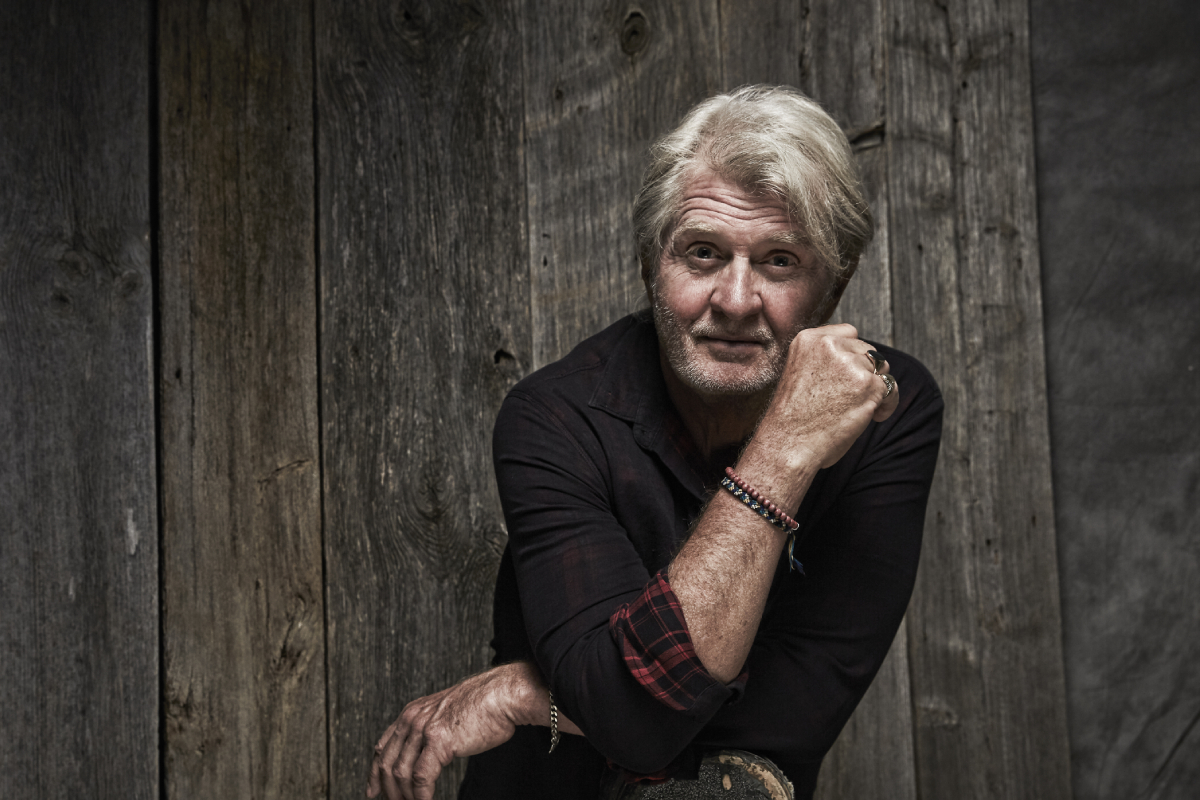A scandal is bad for businesses of any size, but for small businesses or startups it can be devastating. Silicon Valley firms like Apple, Facebook, Google, Microsoft, Amazon, Uber, and Tesla have all made headlines for the wrong reasons, whether for mishandling customers’ personal data, allegations of a company culture that tolerates or even encourages harassment, or general mistreatment of workers.
It’s obviously never a good thing to have your company in the public eye for something negative or embarrassing, and while the companies mentioned above can all leverage significant resources to try to mitigate the damage, such as through legal maneuvering or a pricey public relations blitz, there are several fundamental steps a business of any size can take when faced with a potential crisis to minimize the impact. Particularly early on, how management reacts to a potential scandal can have a significant effect on the severity of the problem. It can go a long way towards repairing a breach of trust between a business and its customers.
In the unfortunate instance that a scandal hits your business, how should you deal with it? Below are stories of two different companies faced with a public relations crisis, and how each handled it.
You can’t prepare for every eventuality, but you can have a philosophy in place for how to deal with a crisis scenario.
Volkswagen: Shaken by ‘Dieselgate’
Volkswagen is still dealing with the fallout from a multibillion-dollar controversy, which saw the automaker admit to falsifying data to pass U. S. emissions tests. In 2015, US. Officials determined that Volkswagen had programmed some of its vehicles ‘diesel engines to activate their emissions controls only during lab tests, but were actually emitting up to 40 times more pollution in real-world use. Once the news went public, the company’s stock lost a third of its value in mere days. Volkswagen Group CEO Martin Winterkorn exited the company amid the scandal, dubbed” Dieselgate” and executives from VW subsidiaries including Audi and Porsche were suspended.
In early 2017, Volkswagen pleaded guilty to criminal charges and admitted to instructing engineers to develop devices to cheat emissions tests and conceal their use. A U.S. federal judge ordered VW to pay a criminal fine of $2.8 billion and the SEC charged ex-CEO Winterkorn for defrauding investors. In April of 2019 he was formally charged by German prosecutors with fraud, and is now facing millions of dollars in fines and up to 10 years in prison. VW’s handling of Dieselgate left much to be desired, and VW investors in Germany are suing the automaker for as much as € 9 billion in damages suffered when the company’s stock plunged in the wake of the scandal.
- Dishonesty: This wasn’t a case of negligence, but rather a conscious effort to deceive regulators and hide that deception. It doesn’t get much worse than that.
- Apology: Volkswagen purchased full-page ads in several U.S. newspapers to apologize for its misdeeds. This was the right action to take, as taking responsibility is a crucial part of crisis management for a company that sells products to the public.
- Atonement: Volkswagen’s next move was a misstep. The automaker announced a recall of the affected vehicles (which was the right thing to do) but only offered $500 prepaid Visa cards for owners of the affected models (and for new buyers as well). Offering to replace the affected vehicles would have been a better decision if an expensive one.
- Punishment: It’s an obvious move, but firing the CEO, and removing several high-level managers was another positive step. While it’s not clear if every executive involved in the scandal has been purged, the CEO is the face of a company, and when a scandal like this happens–particularly one involving deliberate wrongdoing–the chief executive is often one of the first to go.
Maple Leaf Food: Deadly contamination
In 2008, a deadly outbreak of listeriosis was linked to a Maple Leaf Foods meat-packaging plant in Toronto. All told, there were 57 confirmed cases and 22 deaths. It began in June of 2008 with a spike in listeriosis cases, in which people fell ill after consuming pre-packaged deli meats. By August, the investigation had reached Maple Leaf Foods, the contamination linked to two meat-slicing machines at one of the company’s packaging facilities. The outbreak was eventually attributed in part to lax hygiene standards at the plant, as proper cleaning and inspection standards had not been maintained.
The eventual recall of products cost Maple Leaf Foods an estimated $20 million, and the company was hit with several class action lawsuits, which were eventually settled for about $25 million. Bad publicity plagued the company for much of the year, driving down sales significantly. But by the end of the next year, Maple Leaf had returned to profitability. How did it manage this?
- Acting quickly: Maple Leaf swiftly recalled all products that came from the tainted facility. CEO Michael McCain also put himself front and centre in the public eye to apologize, and he didn’t make any excuses.
- Responsibility and transparency: The company took full responsibility for the problem, even though such an admission left it open to legal action. The transparency was maintained with frequent news conferences, and Maple Leaf used its website to provide several updates on what actions it was taking to deal with the contamination.
- Renewed commitment: Maple Leaf revamped its systems and publicly vowed to become an industry leader in food safety moving forward, redirecting its entire focus; during this period, the only department that was permitted to hire new staff was food safety, and no expense was spared to bring on the best people.
- Winning Back Trust: A renewed marketing campaign, including a TV ad addressing the issue, was launched to persuade consumers that Maple Leaf Foods was worthy of their trust, and that the company took food safety seriously. The strategy worked: by 2010, the company’s meat revenues had returned to 95% of their previous worth, and Maple Leaf Foods was on its way to a full recovery.
There are many different forms that crises and scandals can take when it comes to business, so there’s obviously no one-size-fits-all solution to handling them. You can’t prepare for every eventuality, but you can have a philosophy in place for how to deal with a crisis scenario. Things like acting quickly, being transparent, and acknowledging your mistakes could mean the difference between the survival of your brand and its failure.
Justin Anderson | Contributing Writer



















